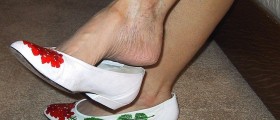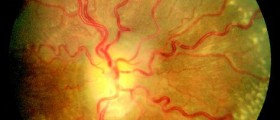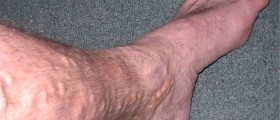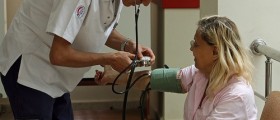I noticed that when I am standing and I look in the mirror where my external jugular vein is I can see a faint pulse coming from it only at the bottem of my neck. I have pale skin and If I look hard I can almost see the vein pulsing. Is this normal for your jugular vein to be pulsing while your standing? I know that it does pulse but I thought that was only when laying at 30degree angle or so( they use it for a test to find the jugular venous pressure). When I lay down at an angle and look in the mirror I can see my vein near the bottom of my neck fill up and then collapse like it supposed to do. But when I stand I was wondering if this is normal to see the vein very close to my collar bone pulsing. Is this normal or my jugular vein should not be pulsing because of gravity?
And it is not my carotid artery.
Loading...
Loading...
Loading...
Loading...
Loading...
Loading...
I doubt the original authors to this post will read this but I'm still replying for everyone else. Note that I have no medical training; I just happened to do so some research, as I suffer from mild mitral and tricuspid regurgitation.
The test mentioned above involves the patient lying at a 45 degree angle (rather than 30) with their head turn to the side and applying sustained pressure on their right hypochondrium (not their stomach). The hepatojugular reflux ought to make the jugular vein visible at roughly the level of the clavicle, between the heads of the sternocleidomastoid. In people with an elevated jugular vein pressure, the distention should be more visible. There are numerous causes for elevated jugular vein pressure, including (but not limited to) the above-mentioned right heart failure (in particular, the right atrium may not be able to drain the blood as expected). However, in my case it's the tricuspid insufficiency doing this. Fluid overload is another possible cause, potentially due to kidney failure.
There is more to it than what I wrote above so do not try to interpret the results of this test yourself. If you are concerned, see your physician.
Loading...
















